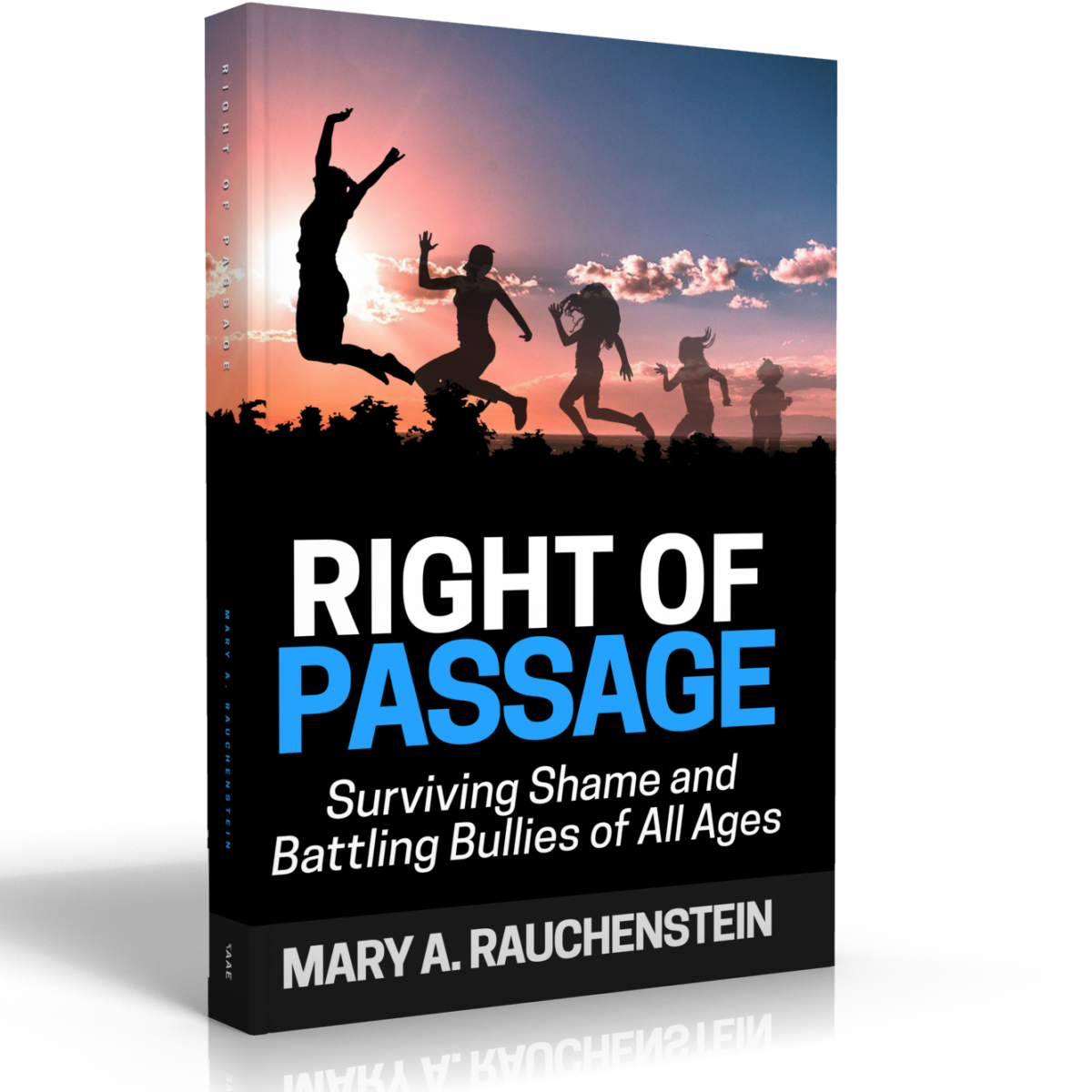Perhaps because I’m working on a couple systems thinking training modules for a client of mine, (and I’m most grateful for them) this is top of mind. Though my longing for leaders (political, civil, religious – all leaders) to think systemically, has been percolating for quite some time.
In its simplest form, systems thinking is about looking at the whole first and the parts or components secondarily. Analytical thinking is just the reverse. I didn’t perceive that systems thinking was utilized when Obama Care landed our door and Congress had to pass this legislation in order to read it and learn what was actually in the bill (this is more than my opinion – I was invited to participate in a few calls with members of the Obama administration to discuss this act after it was passed). I didn’t perceive a great deal of systems thinkers regarding the myriad of state-led responses to Covid-19. And I pray that we don’t miss another needed opportunity to use systems thinking in taking steps to heal our country in light of unnecessary force to detain a man of color, which likely contributed to his death.
My soul cries for unity in our country. That doesn’t mean that we have to agree on everything and that we can’t have opinions. As Morgan Freeman recently posted on LinkedIn, just because we don’t agree on everything doesn’t mean I don’t like you or that we can’t be friends.
And something to consider. When we use an analytical approach to solve a systems problem, we are likely to end up with unintended consequences. It’s time to start with our desired future state. I really think that most of us want to live in a country in which we feel we are equally respected and have the ability to satisfy our very basic of needs: safety, love, shelter, etc. and thrive, if we desire. This ideal state must be crafted with input from many who are represented in our country (the system). And in keeping with systems thinking, we’d develop key performance indicators (KPI’s) so we can measure if we’re on track to achieve our desired state. Next, we do a SWOT (strengths, weaknesses, opportunities, and threats) analysis to define our current state.
Then we work on strategies and action items to bridge the gap between where we are (current state) and where we desire to be (future state). Lastly, it’s imperative to do an environmental scan. What obstacles or barriers might make it difficult to work through the plan? What might be changing in the environment that would affect the plan?
I’m a coach. Coaches have been using systems thinking for years. It’s how we help clients vocalize their truths. I have found, in my years of using systems thinking, that if representative voices are involved in crafting the plan, the pieces of the puzzle come together, and together, we create unity.





